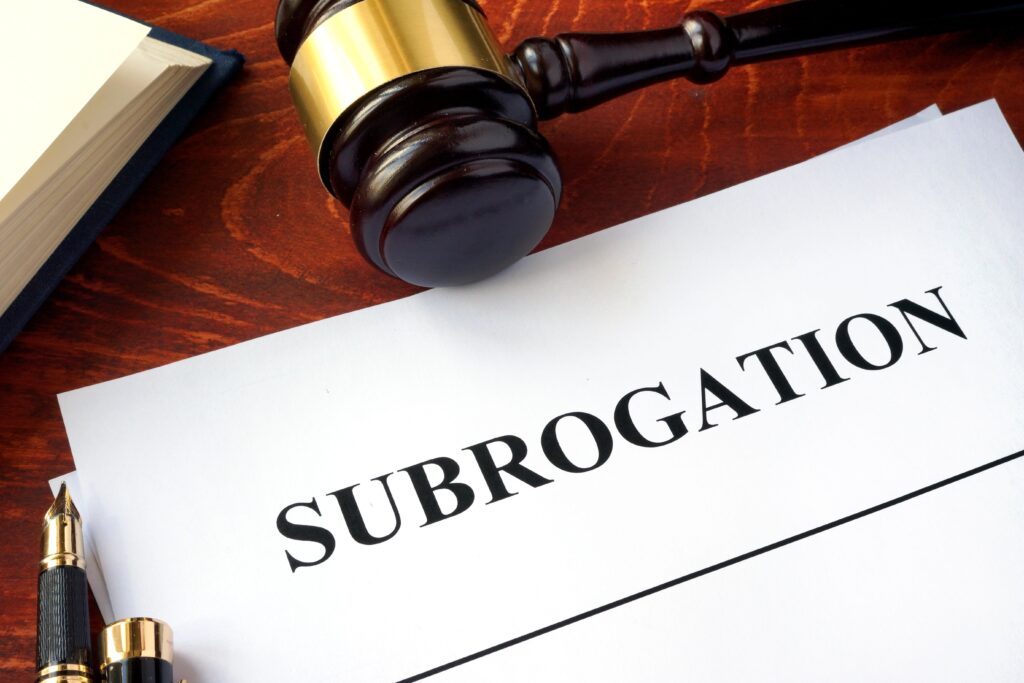What to Expect if You Incur a Spinal Cord Injury in a Car Accident
Suffering a spinal cord injury could alter the course of your life. It occurs when you suffer trauma to your cervical, lumbar, or thoracic spine, damaging or severing your spinal cord, and the site of your injury will determine its ...
Files under: Personal Injury
How to Recognize TBI Symptoms After a Car Crash
A traumatic brain injury (TBI) occurs when you receive a sudden jolt or blow to the head or body that causes your brain to slosh around inside the skull. The Brain Trauma Foundation reports that an estimated 2.5 million people ...
Files under: Personal Injury
How to Negotiate a Workers’ Compensation Settlement
If you were injured on the job and left with a disability that prevents you from returning to work, or from working at full capacity, you are entitled to seek a workers’ compensation settlement. The workers’ compensation insurance company might ...
Files under: Workers' Compensation
Understanding Comparative Negligence
If you’re injured in an accident in Missouri because of the actions of someone else, you might be entitled to recover compensation through a personal injury claim. Some people think they can’t recover compensation when they are partially at fault. ...
Files under: Personal Injury
What Is Subrogation? Can It Affect Your Auto Collision Claim?
Most Missourians know that after you’re involved in an auto accident, you file an insurance claim. If the accident was someone else’s fault, you file a claim with their insurance company, and if you’re injured, they should pay for your ...
Files under: Personal Injury
When to Consider Mediation for a Car Accident
Following a car accident that left you injured, you might have problems recovering compensation from the at-fault driver and their insurance company. Insurance companies operate as for-profit entities and strive to avoid or reduce claims even when they are valid. ...
Files under: Personal Injury
The Importance of a Medical Evaluation After a Car Accident
Immediately after a car accident, you will likely feel overwhelmed by the situation and have trouble knowing what to do. Your body releases adrenaline and endorphins in response to a crash as a part of its natural reaction, and these ...
Files under: Personal Injury
Essential Steps to Take After a Motorcycle Accident
Even if you always exercise caution while riding your motorcycle, you can’t control the actions of other motorists around you on the road. Unfortunately, motorcyclists are four times more likely to suffer injuries and 28 times more likely to die ...
Files under: Personal Injury
Determining Fault in a Multi-Vehicle Collision
A multi-vehicle accident can make it difficult to figure out who was at fault and which party’s insurance company should be responsible for paying damages. Missouri courts evaluate the fault of each involved party to assess liability in a multi-vehicle ...
Files under: Personal Injury
Questions to Ask Before Hiring a Workers’ Compensation Attorney
You may be entitled to workers’ compensation benefits if you suffered a workplace accident and serious injuries. However, some insurance companies and employers try to avoid paying claims, making it important to retain an experienced workers’ compensation attorney to fight ...
Files under: Workers' Compensation










